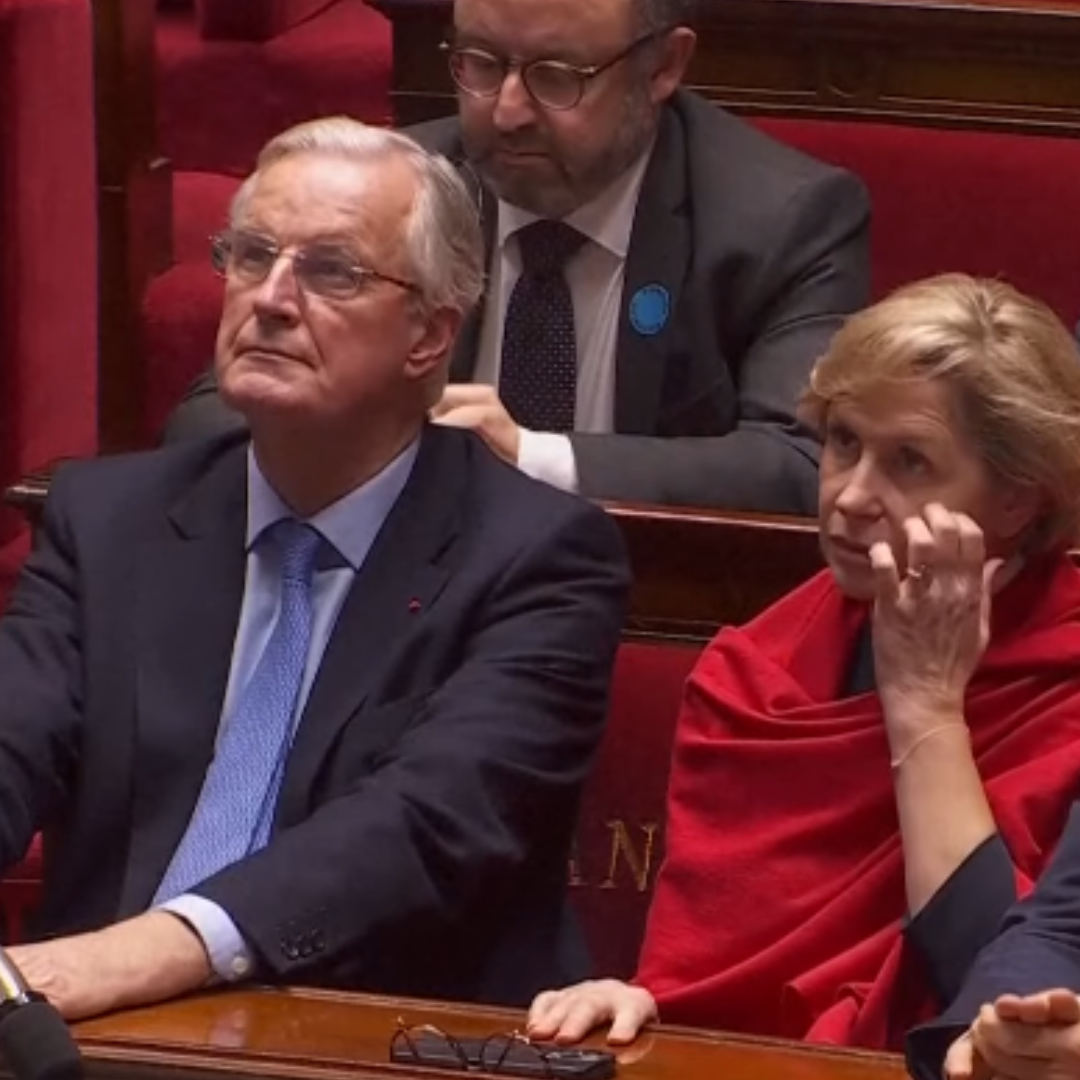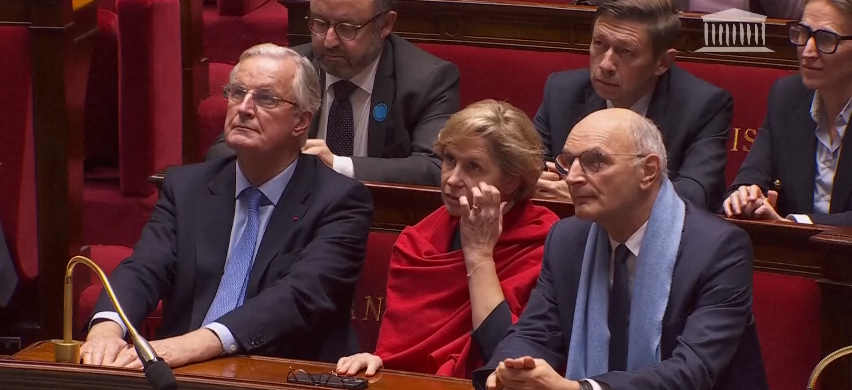
French Parliament Boots PM Barnier in No-Confidence Vote
Members of the French National Assembly voted to oust Prime Minister Michel Barnier from office Wednesday night (Dec. 4), worsening the country’s current political situation.
It is understood that Barnier is expected to tender his resignation later this week to French President Emmanuel Macron — himself also beleaguered with calls to resign or announce a snap presidential election.
Reuters reported that Barnier would set to become the shortest serving prime minister in France’s modern history, while public broadcaster France 24 said Macron is expected to address the nation on Thursday evening (Dec. 5).

From Brexit Negotiator to French PM
Barnier was known as the Brexit negotiator for the European Union in the late 2010s. He also replaced Gabriel Attal, known for being France’s first gay prime minister, who served from January to September 2024.
What triggered Barnier’s sacking was his move to use a constitutional loophole to approve a proposed EUR 60-billion budget for 2025 while avoiding a parliamentary vote.
It is understood that members of parliament affiliated to both the far-left and far-right of French politics were united in their no-confidence vote against Barnier, which was the second time such a scenario happened in the country’s Fifth Republic.
The first time a similar no-confidence vote became successful was in 1962 when Georges Pompidou was removed from power. Pompidou returned to his post after winning the 1962 general election, and later succeeded Charles de Gaulle as president in 1969.
Macron in Danger
The no-confidence vote further weakened Macron’s already-weak political position as his minority government has been hamstrung by both sides of the French political spectrum, particularly the far-left party New Popular Front (NFP) and Marine Le Pen’s far-right National Rally (RN).
Macron’s position began to deteriorate after he called for a snap election weeks before the Paris Olympics, which resulted in his centrist party, Renaissance, losing its seat majority in the National Assembly.
However, calls for Macron to resign cannot be done as he is to remain in office until 2027, while the earliest possible opportunity for a snap parliamentary election will be in July 2025.
Such political turmoil in France would have huge ramifications for the European Union after the German coalition government of Chancellor Olaf Scholz recently imploded.
The continent would also have to deal with the return of Donald Trump to the White House in January 2025. The president-elect is expected to visit Paris this weekend to witness the unveiling of the renovated Notre Dame Cathedral.
It is understood that Macron seeks to name Barnier’s replacement before the end of the week, Reuters added in an earlier report. Whoever would replace him would need to tackle bills still being contested in parliament, including the 2025 budget.